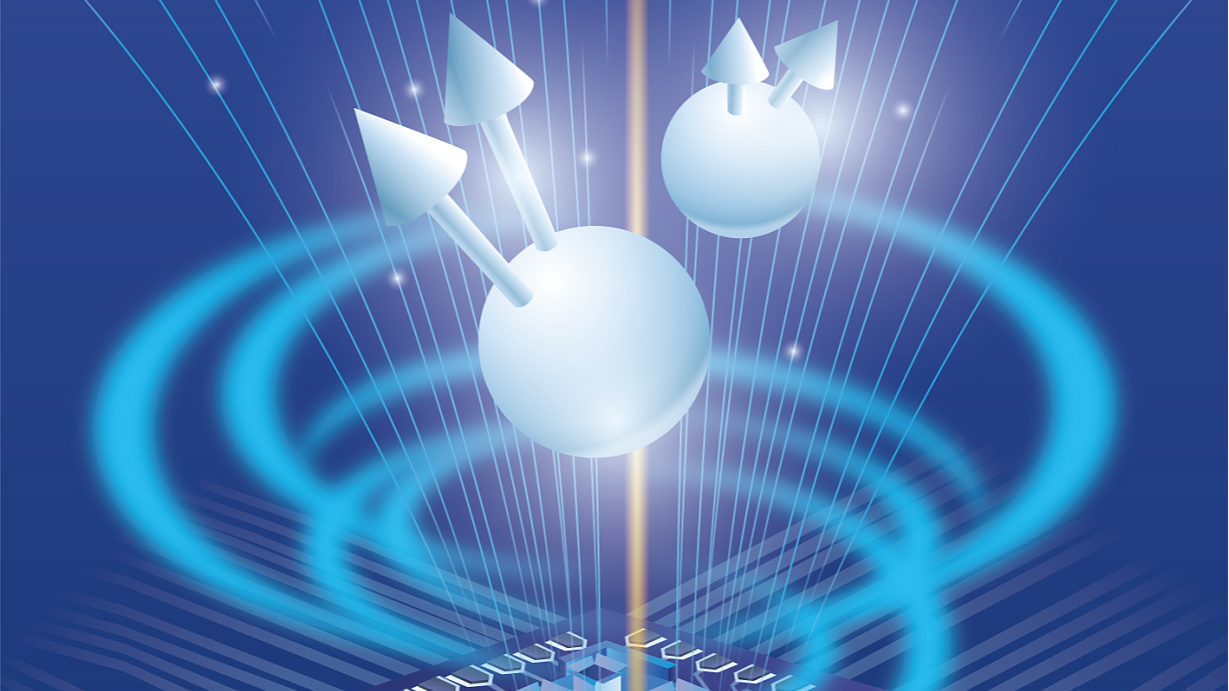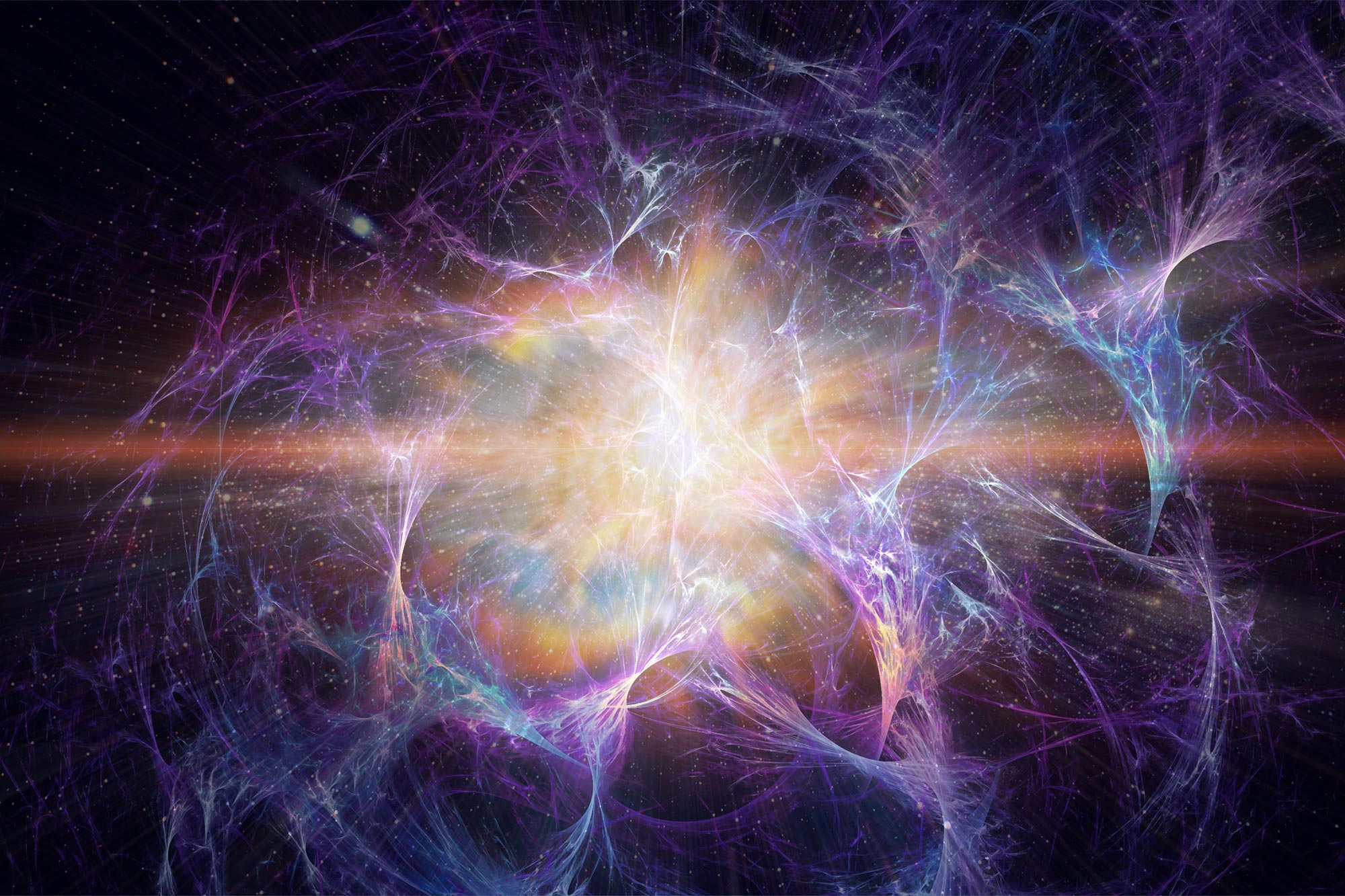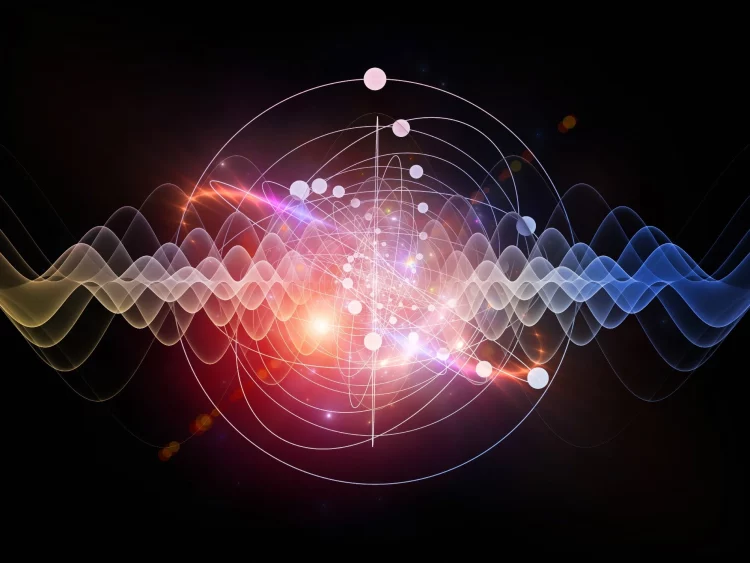Quantum computers have become a groundbreaking topic in both scientific and popular discourse. From deciphering the deepest secrets of the universe to revolutionizing fields like cryptography, medicine, and artificial intelligence, the promise of quantum computing is immense. But can these futuristic machines truly unlock the mysteries of the universe, or is the concept just a tantalizing dream? In this article, we’ll explore how quantum computers work, their potential to solve some of the most profound problems in science, and the limitations that must be overcome before they can fulfill their full promise.
1. What is Quantum Computing?
A Leap Beyond Classical Computers
To understand quantum computing, it’s essential first to grasp how classical computers operate. Classical computers rely on bits, which are the basic units of data. A bit can exist in one of two states: 0 or 1. These bits are combined in complex ways to perform computations, enabling everything from simple arithmetic to the operation of the most advanced artificial intelligence systems.
Quantum computers, on the other hand, use quantum bits or qubits. Unlike classical bits, qubits can exist not just in the state of 0 or 1, but also in a superposition of both. This means that quantum computers can explore many possibilities simultaneously, dramatically increasing their computational power.
Moreover, qubits can exhibit entanglement, a phenomenon where two or more qubits become linked in such a way that the state of one qubit instantly affects the state of another, no matter the distance between them. This property could enable quantum computers to perform computations in parallel, solving complex problems exponentially faster than classical systems.
The Role of Quantum Mechanics
The principles of quantum mechanics underpin the operation of quantum computers. These principles, though bizarre to our everyday understanding, have been experimentally verified and form the foundation of the subatomic world. Superposition and entanglement are two quantum phenomena that quantum computers exploit to process information in ways that classical computers cannot.
By harnessing the laws of quantum mechanics, quantum computers could, in theory, tackle problems that are currently intractable for classical machines.
2. Quantum Computing and the Universe’s Mysteries
Can Quantum Computers Unlock the Secrets of Physics?

Quantum mechanics, despite its success in explaining the behavior of particles on the smallest scales, still holds many mysteries. One of the greatest unsolved problems in physics is quantum gravity—the quest for a theory that combines quantum mechanics with general relativity, which governs the behavior of large-scale structures like stars and galaxies. These two theories are fundamentally incompatible in their current forms, and reconciling them could reveal a unified understanding of the universe.
Quantum computers could potentially simulate quantum field theories in ways that classical computers cannot. This might allow scientists to study the behavior of matter and energy at the Planck scale (the smallest possible scale in the universe) and gain insights into phenomena such as black holes, dark matter, and dark energy—all of which remain largely mysterious.
Some physicists believe that quantum computers could aid in the formulation of a Theory of Everything (TOE), a single framework that describes all known forces of nature. This is a daunting challenge, but the computational power of quantum systems might provide new tools for tackling these questions in a way that was previously unimaginable.
Quantum Simulations for Complex Systems
One of the most promising applications of quantum computers is quantum simulation—a process where quantum computers are used to simulate complex quantum systems. The universe itself is made up of quantum systems, from subatomic particles to vast cosmic structures. Simulating these systems with classical computers is incredibly difficult because the computational resources required grow exponentially as the system becomes more complex.
Quantum computers, however, are inherently suited to simulate quantum systems. By modeling atomic and molecular interactions at the quantum level, scientists could predict the behavior of complex materials, molecules, and even the evolution of the universe itself.
Such simulations could lead to breakthroughs in a variety of fields, including:
- Material Science: Discovering new materials with extraordinary properties, such as superconductors that work at room temperature.
- Chemistry: Understanding molecular reactions with unprecedented accuracy, potentially revolutionizing drug design and sustainable energy production.
- Astrophysics: Modeling the formation and evolution of galaxies, black holes, and other cosmic phenomena with greater precision.
A New Era in Cosmology
Another fascinating possibility is the use of quantum computing to answer some of cosmology’s most pressing questions. For instance, the nature of dark matter and dark energy—the mysterious substances that make up most of the universe’s mass and energy—remains largely unknown. Current methods for studying these phenomena are limited by the computational complexity of modeling large-scale cosmic structures.
Quantum computers could simulate the early universe with greater accuracy, shedding light on its formation and the role of dark matter and dark energy in cosmic evolution. Some researchers have even suggested that quantum algorithms could help us understand the origin of the universe—such as whether the Big Bang was the beginning of time itself or part of a cyclical process.
3. Potential Impacts Beyond Physics
While quantum computing’s potential to solve fundamental problems in physics is exciting, its impact may go far beyond theoretical physics. In fact, quantum computing could revolutionize entire industries and solve pressing global challenges.
Quantum in Medicine: Personalized Treatments and Drug Design
One of the most anticipated applications of quantum computing lies in the field of medicine. Classical computers have already made significant strides in drug discovery, but they are limited when it comes to modeling the interactions of complex biological systems at the molecular level. Quantum computers, with their ability to simulate quantum interactions, could enable a more accurate and faster approach to discovering new drugs and personalized treatments.
For example, quantum simulations could lead to the development of more effective cancer treatments by simulating how cancer cells interact with various drugs. This could drastically reduce the time and cost associated with traditional drug testing and lead to breakthroughs in the fight against diseases like cancer, Alzheimer’s, and HIV.

Quantum Cryptography: The Future of Cybersecurity
Another major field that quantum computing will impact is cryptography. Classical encryption methods, such as RSA encryption, rely on the difficulty of factoring large numbers. However, quantum computers are potentially capable of solving this problem exponentially faster than classical computers using algorithms like Shor’s algorithm. This could render current encryption methods obsolete, posing a major challenge to data security.
On the flip side, quantum computing also opens up new opportunities for quantum cryptography, particularly in the form of quantum key distribution (QKD). QKD uses the principles of quantum mechanics to ensure that any attempt to intercept encrypted data is detectable, providing a fundamentally secure method for transmitting information.
Artificial Intelligence: Quantum Machine Learning
Quantum computing could also revolutionize artificial intelligence. Classical machine learning algorithms, while powerful, are limited by the amount of data they can process and the computational time required for training. Quantum computers, with their ability to process vast amounts of data in parallel, could accelerate the development of AI models.
For example, quantum machine learning algorithms could optimize complex decision-making processes, improve pattern recognition, and solve problems that are too complex for classical machines to tackle in a reasonable amount of time. This could have far-reaching implications in fields like natural language processing, image recognition, and autonomous systems.
4. Challenges and Limitations of Quantum Computing
Despite its promise, quantum computing is still in its infancy, and there are significant challenges that must be overcome before it can be used to solve the universe’s mysteries.
Technical Challenges
The most immediate hurdle is quantum decoherence—the process by which qubits lose their quantum state due to interaction with their environment. Quantum systems are incredibly fragile, and even the slightest disturbance can cause a loss of information. To maintain the integrity of quantum computations, researchers must develop more stable qubits and better error correction methods.
Scalability
Another significant challenge is scaling up quantum computers. Current quantum computers have only a few dozen qubits, but to tackle the most complex problems—such as simulating large-scale quantum systems or breaking classical encryption schemes—quantum computers need thousands or even millions of qubits. Building such systems is an enormous engineering challenge.
Quantum Algorithms
While some quantum algorithms, like Shor’s algorithm and Grover’s algorithm, have already shown promise in certain areas, developing general-purpose quantum algorithms that outperform classical algorithms in a broad range of problems is still a work in progress.
5. Conclusion: The Future of Quantum Computing
Quantum computing holds incredible potential, not only for solving some of the universe’s greatest mysteries but also for reshaping industries and improving the quality of life on Earth. While we are still in the early stages of this technological revolution, the possibilities are immense.
To unlock the full potential of quantum computers, researchers must overcome significant technical and theoretical challenges. But as progress continues, we may one day find that quantum computers are not just tools for solving equations—they could become the key to understanding the very fabric of the universe.










































